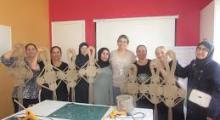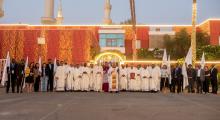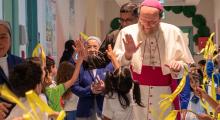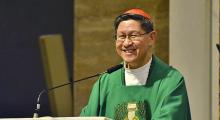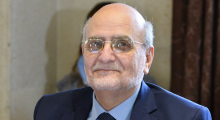Issued by the Catholic Center for Studies and Media - Jordan. Editor-in-chief Fr. Rif'at Bader - موقع أبونا abouna.org
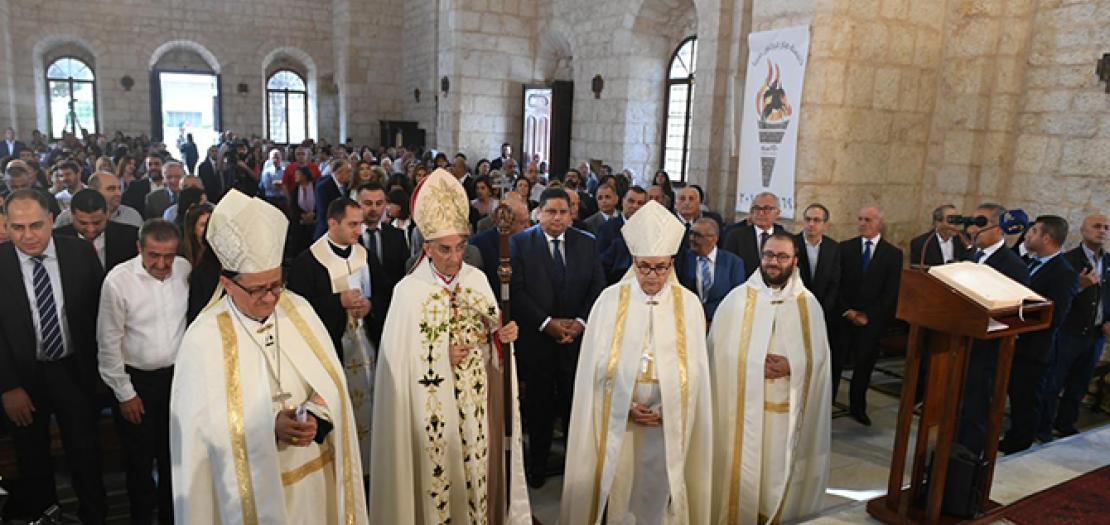
Cardinal Bechara Rai, Maronite Catholic patriarch, has renewed his call for the creation of a government of technocrats that is “neutral” with a limited mandate, capable of working “for the good of all Lebanese.”
Young people “have mobilized civilly,” rejecting “corruption” of the political class and “no longer accepting half-solutions,” the cardinal said in a homily. They no longer believe in empty promises and demand a new government that knows how to inspire trust by implementing reforms and achieving economic and financial growth, he said.
Cardinal Rai urged the ruling elite not to disappoint the hopes of the people and to look at the protest movement as the “fundamental engine” for the implementation of the reform plan. He called on the Lebanese to preserve national unity.
In his November prayer intention, Pope Francis appealed for “a spirit of dialogue, encounter, and reconciliation to emerge in the Middle East,” as popular protests swell in Lebanon, Iraq and other countries.
Hundreds of thousands of Lebanese are hitting the streets across the country to demand an end to rampant corruption and poor public services. Cutting across sectarian lines, they also want the current government of entrenched politicians dating back to Lebanon’s 1975-1990 civil war era to step down.
Old and young alike have joined the often-festive protests. Citizens often carry national flag: red and white with the green cedar in the center.
Hundreds gathered outside the capital’s Palace of Justice November 6, demanding an independent judiciary and an end to political interference.
“We don’t want judges who receive orders,” read one sign, a response to allegations that some judges receive bribes and are indebted to the reigning politicians.
The demonstrators also demand a complete overhaul of Lebanon’s sectarian-based politics. The country’s delicate religious mosaic designates the president as a Christian, the prime minister a Sunni Muslim and the speaker of parliament a Shiite.
Meanwhile, hundreds of schoolchildren staged their own anti-government demonstrations across Lebanon, refusing to return to class before the demands of a nearly three-week-old protest movement are met.


